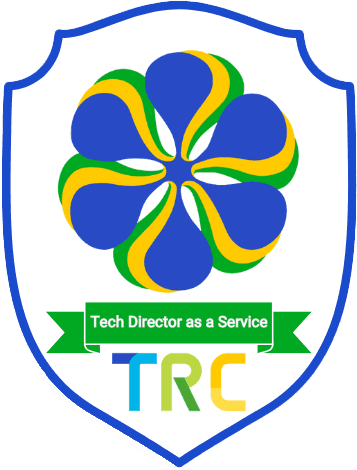
At St. Stephen’s School, Experiential Learning is a cornerstone of our holistic educational approach, designed to take students beyond the classroom and immerse them in the world around them. By engaging in hands-on activities such as field trips in Rome, excursions outside the city, and international adventures, students develop a deeper understanding of academic concepts and acquire essential life skills. These immersive experiences foster critical thinking, cultural awareness, and problem-solving abilities that cannot be fully cultivated within a traditional classroom setting.
Why Experiential Learning Matters
Experiential Learning is more than just a departure from routine; it’s a transformative journey that combines personal growth, collaboration, and global responsibility. By stepping into real-world environments, students learn to apply their academic knowledge in meaningful ways, gaining practical insights and fostering empathy for diverse cultures and perspectives.
These experiences complement academic learning, equipping students with skills that are critical for their futures, such as resilience, adaptability, and teamwork. They also cultivate a sense of responsibility to contribute positively to the world around them, making this program a vital part of student development at St. Stephen’s.
Evolving with Purpose
In response to changes in school culture and the wider global landscape, the Experiential Learning Program at St. Stephen’s has evolved to focus on clear educational objectives. The program now emphasizes genuine educational journeys over experiences perceived as "destination holidays." This shift aligns with the growing need to provide students with opportunities for self-discovery, cultural awareness, and practical skill-building that are applicable both in and out of the classroom.
What is Experiential Learning?
At its core, Experiential Learning at St. Stephen’s encompasses activities conducted outside the classroom, including field trips, overnight travel, and hands-on projects. These experiences take place locally in Rome, nationally within Italy, and internationally, offering students diverse opportunities to learn in different environments.
Key Features of Experiential Learning
Learning by Doing: Students engage in hands-on activities, reflect on their outcomes, and connect these experiences to broader academic and personal goals.
Growth Through Experience: Students develop new skills, perspectives, and emotional intelligence, fostering resilience and adaptability.
Global Citizenship: Direct engagement with diverse cultures enhances empathy, understanding, and acceptance, preparing students to navigate an interconnected world.
Drawing inspiration from educational reformer Kurt Hahn, the program emphasizes learning from failure, cultivating initiative, self-discovery, and building both physical and mental resilience.
Summer Service Trip to Senegal
One shining example of the impact of our Experiential Learning Program is the summer service trip to Senegal. Students immersed themselves in local culture and traditions, learning French and engaging with the community through arts and crafts, soccer games, and collaborative projects. They taught local students art, crafts, English, and math while also participating in building and construction projects that directly supported the community.
This enriching experience combined cultural immersion with meaningful service, leaving a lasting impact on both our students and the local community. Watch the accompanying video to see how our students embraced this transformative opportunity and contributed to the vibrant spirit of Senegal.
Experiential Learning at St. Stephen’s: Inspiring Global Citizens Through Real-World Engagement.






